Palestinians fight to free a Palestinian boy held by an Israeli
soldier during clashes between Israeli security forces and Palestinian
protesters following a march against Palestinian land confiscation to
expand the nearby Jewish Hallamish settlement on Friday in the West Bank
village of Nabi Saleh near Ramallah: photo by Abbas Momani/AFP, 28 August 2015
Mahmoud Darwish: The Girl / The Scream
There is a girl on a sea shore
And the girl has a family
And the family has a house
And the house has two windows and a door.
And at sea there's a warship playing a game
of targeting those taking a stroll on the shore.
Four five seven drop to the sand.
The girl is spared by a sleeve of mist
a certain celestial sleeve came to rescue her.
She calls out: Dad, my Dad, let's go home, this sea is not for us.
And the father does not reply.
He lies there in an agony of absence, wrapped in his shadow in an agony of absence.
Blood in her palms blood in the clouds,
Her scream flies away with her far from the sea shore and higher.
She screams in the night of a wilderness
The echo has no echo
And the girl becomes the eternal scream of a breaking news event made obsolete by the planes' return
to bomb a house with two windows and a door.
There is a girl on a sea shore
And the girl has a family
And the family has a house
And the house has two windows and a door.
And at sea there's a warship playing a game
of targeting those taking a stroll on the shore.
Four five seven drop to the sand.
The girl is spared by a sleeve of mist
a certain celestial sleeve came to rescue her.
She calls out: Dad, my Dad, let's go home, this sea is not for us.
And the father does not reply.
He lies there in an agony of absence, wrapped in his shadow in an agony of absence.
Blood in her palms blood in the clouds,
Her scream flies away with her far from the sea shore and higher.
She screams in the night of a wilderness
The echo has no echo
And the girl becomes the eternal scream of a breaking news event made obsolete by the planes' return
to bomb a house with two windows and a door.
Mahmoud Darwish (1941-2008): The Girl / The Scream, 2006, from The Trace of The Butterfly, 2008, translated from the Arabic by Tania Nasir and John Berger
Palestinians fight to free a Palestinian boy held by an Israeli
soldier during clashes between Israeli security forces and Palestinian
protesters following a march against Palestinian land confiscation to
expand the nearby Jewish Hallamish settlement on Friday in the West Bank
village of Nabi Saleh near Ramallah: photo by Abbas Momani/AFP, 28 August 2015

Protesters from Nabi Saleh fleeing from tear gas launched by the Israel Defense Forces. In the background, the Israeli settlement of Halamish: photo by Peter van Agtmael for The New York Times, 15 March 2013
#Israeli soldier trying to arrest a #child! In the village of #NabiSaleh #Ramallah: image via Elia Ghorbieh @Elia_gor, 28 August 2015
Photo by @SamerNazzal from #NabiSaleh today. Tying to prevent an attack on a boy, a girl bit the soldier a lesson.: image via Fati Abdul @FatiAbdul, 28 August 2015
zionist IOF attacked #NabiSaleh protest in brutal way today with tear gas, rubber coated steal bullets & live ammo: image via manal tamimi @screaming tamimi, 21 August 2015
Muhammad Tamimi from #NabiSaleh sustained a broken arm in clashes with the IOF today: image via The Baking Anthro @NotOccupying, 25 August 2015
Unmasked: the oh-so-brave Israeli soldier who tried - and failed - to arrest a Palestinian child. #NabiSaleh: image via Ben White @benabyad, 28 August 2015
How can you say you did not know this was a child, @IDFSpokesperson? Are you blind AND deaf? #nabisaleh #BDS: image via Pucci D @adpucci, 28 August 2015
#WestBank: Palestinian women who got detained child away from Israeli soldier to be arrested. #NabiSaleh,: image syndicalist @syndicalisms, 29 August 2015
Ahed Tamimi, the 14-y-o Palestinian who bit an Israeli soldier to free her brother #NabiSaleh: image via Ben White @benabyad, 30 August 2015
Italian activist [Vittorio Fera] beaten up while arrested by #Israel 4 joining #NabiSaleh peaceful protests via ISMPalestine: image via Omar Ghraieb @Omar_Gaza, 31 August 2015
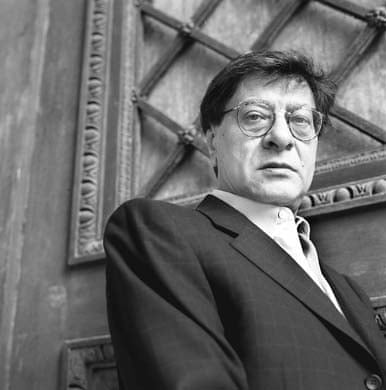
Palestinian man watches Israeli troops during clashes which followed an Israeli army operation at the Jenin refugee camp, in the West Bank on Tuesday: photo by Alaa Badarneh/EPA, 1 September 2015

Protesters from Nabi Saleh fleeing from tear gas launched by the Israel Defense Forces. In the background, the Israeli settlement of Halamish: photo by Peter van Agtmael for The New York Times, 15 March 2013
An Israeli soldier seizes a Palestinian boy during
clashes near Ramallah on August 28, 2015. AFP Photo / Abbas Momani:
image via Agence France-Presse @AFP, 30 August 2015
#Israeli soldier trying to arrest a #child! In the village of #NabiSaleh #Ramallah: image via Elia Ghorbieh @Elia_gor, 28 August 2015
Photo by @SamerNazzal from #NabiSaleh today. Tying to prevent an attack on a boy, a girl bit the soldier a lesson.: image via Fati Abdul @FatiAbdul, 28 August 2015
zionist IOF attacked #NabiSaleh protest in brutal way today with tear gas, rubber coated steal bullets & live ammo: image via manal tamimi @screaming tamimi, 21 August 2015
Muhammad Tamimi from #NabiSaleh sustained a broken arm in clashes with the IOF today: image via The Baking Anthro @NotOccupying, 25 August 2015
Unmasked: the oh-so-brave Israeli soldier who tried - and failed - to arrest a Palestinian child. #NabiSaleh: image via Ben White @benabyad, 28 August 2015
How can you say you did not know this was a child, @IDFSpokesperson? Are you blind AND deaf? #nabisaleh #BDS: image via Pucci D @adpucci, 28 August 2015
#WestBank: Palestinian women who got detained child away from Israeli soldier to be arrested. #NabiSaleh,: image syndicalist @syndicalisms, 29 August 2015
Ahed Tamimi, the 14-y-o Palestinian who bit an Israeli soldier to free her brother #NabiSaleh: image via Ben White @benabyad, 30 August 2015
Israeli teacher under fire for participating in
Nabi Saleh… #ArabIsraeliConflict: image via The Jerusalem Post
@JerusalemPost, 31 August 2015
Italian activist [Vittorio Fera] beaten up while arrested by #Israel 4 joining #NabiSaleh peaceful protests via ISMPalestine: image via Omar Ghraieb @Omar_Gaza, 31 August 2015
Brave Tamimi women of Nabi Saleh take down
Israeli soldier assaulting injured child: image via Mondoweiss
@Mondoweiss, 29 August 2015

Protesters from Nabi Saleh fleeing from tear gas launched by the Israel Defense Forces. In the background, the Israeli settlement of Halamish: photo by Peter van Agtmael for The New York Times, 15 March 2013

Protesters from Nabi Saleh fleeing from tear gas launched by the Israel Defense Forces. In the background, the Israeli settlement of Halamish: photo by Peter van Agtmael for The New York Times, 15 March 2013
Mahmoud Darwish: It's the duty of tragedy to change the gaze of eloquence and to reflect upon the life of Things, for in everything there's a being that suffers

Mahmoud Darwish visiting London: photo by Eamonn McCabe, 2002, via The Guardian, 11 August 2008
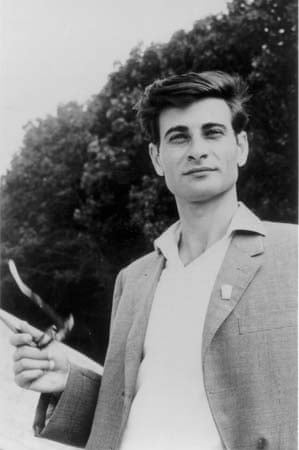
Mahmoud Darwish in Beirut, Lebanon: photographer unknown, early 1970s, via The Guardian, 11 August 2008

Mahmoud Darwish in Beirut, Lebanon: photographer unknown, early 1970s, via The Guardian, 11 August 2008
Palestinian man watches Israeli troops during clashes which followed
an Israeli army operation at the Jenin refugee camp, in the West Bank on
Tuesday: photo by Alaa Badarneh/EPA, 1 September 2015
Mahmoud Darwish: Murdered Houses
Palestinian man watches Israeli troops during clashes which followed an Israeli army operation at the Jenin refugee camp, in the West Bank on Tuesday: photo by Alaa Badarneh/EPA, 1 September 2015
Mahmoud Darwish: Murdered Houses In one minute the lifetime of a house is ended. When a house is killed, it is a serial killing, even if the house is empty: a mass grave of all the things once used to give a home to Meaning, or, in times of war, to a marginal poem. A slaughtered house is the severing of things from what they meant, from the feelings they inspired. It's the duty of tragedy to change the gaze of eloquence and to reflect upon the life of Things, for in everything there's a being that suffers: a memory of fingers, a memory of a smell, a memory of a picture. Houses are murdered just as their inhabitants are killed and the memories of things are slaughtered: stones, wood, glass, iron, mortar -- scattered like human limbs. Cotton silk, linen, exercise books, books -- torn apart like the unsaid words of people who did not have the time to say them. Dishes broken, spoons, toys, old records, pipes, doorknobs, the refrigerator, the washing machine, pots, jars of olives and pickles, cars -- all broken, like their owners. The two whites -- sugar and salt -- are trod upon along with matchboxes, medicines, birth control pills, steroids, strings of garlic and onions, dried okra, tomatoes, rice and lentils -- all are trod upon as are their owners. Land-deeds and marriage certificates torn apart with birth papers, water and electricity bills, identity cards, passports, love letters -- torn apart like the hearts of their owners. Photographs are swept away with combs, make-up, brushes, shoes, lingerie, sheets, towels, swept away like family secrets betrayed to others and to devastation. All these things are the memories of people
deprived of things, and the memory of things deprived of people ....
Everything ends in one minute. Things die like we do, but they are not
buried with us.
Mahmoud Darwish (1941-2008): Murdered Houses, 2006, from The Trace of The Butterfly, 2008, translated from the Arabic by Tania Nasir and John Berger

Israeli bulldozers demolished the house of Majdi Abu al-Haija in #Jenin camp at dawn today: image via Palestine Social @Palestine Social, 31 August 2015

This is not Gaza, This is #Jenin
The same destruction, the same destroyer, and also the same victim!: image via Mhmmd Abu Oweimer @vic2pal, 1 September 2015
 Israeli bulldozers demolished the house of Majdi Abu al-Haija in #Jenin camp at dawn today: image via Palestine Social @Palestine Social, 31 August 2015
Jenin Now
 #Jenin now... More of Israeli Forces storming the camp ..: image via Said Shoaib / Gaza @saidshouib, 31 August 2015  #Israeli Occupation soldiers while storming #Jenin camp shortly before ... #WestBank #Palestine: image via Said Shoaib / Gaza @saidshouib, 31 August 2015  Currently happening in #Jenin Resist to Exist!!: image via Abbs Winston @Abbs Winston, 31 August 2015  Currently happening in #Jenin Resist to Exist!!: image via Abbs Winston @Abbs Winston, 31 August 2015 #WestBank: Palestinian youths burning an Israeli army bulldozer during clashes with IOF in #Jenin tonight: image via syndicalist @syndicalisms, 31 August 2015  Currently happening in #Jenin Resist to Exist!!: image via Abbs Winston @Abbs Winston, 31 August 2015  Currently happening in #Jenin Resist to Exist!!: image via Abbs Winston @Abbs Winston, 31 August 2015 #BREAKING | Several suffocated after Israeli Forces fired gas bombs at "Oweis" family home in #Jenin .. : image via Said Shoaib / Gaza @saidshouib, 31 August 2015  @JaneVoter @rk70534 @heavyde65 #Jenin tonight: image via nessreen @nzayed07, 31 August 2015  #Jenin now... More of Israeli Forces storming the camp ..: image via Said Shoaib / Gaza @saidshouib, 31 August 2015 Israel aggression on Palestinian city during the night #jenin_under_attack #JeninResists: image via nessreen @nzayed07, 31 August 2015 |
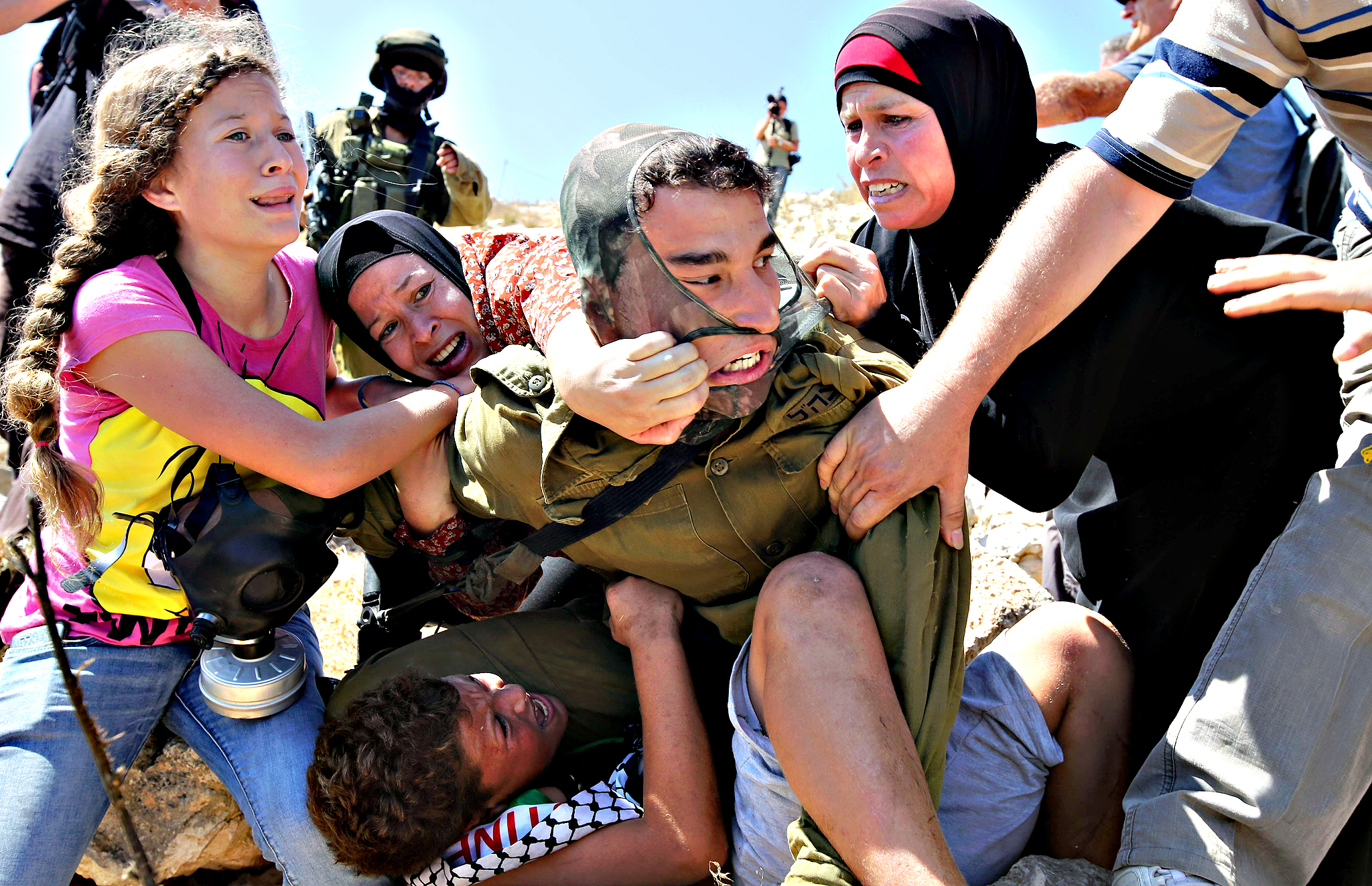
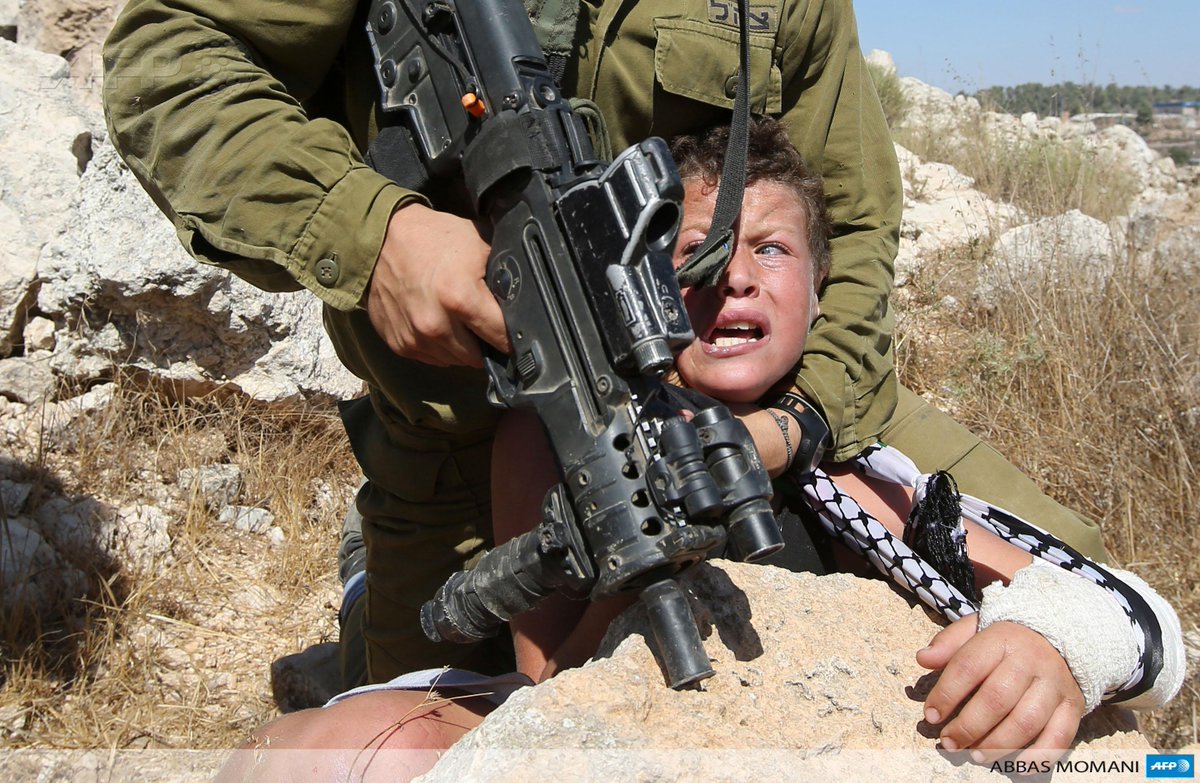
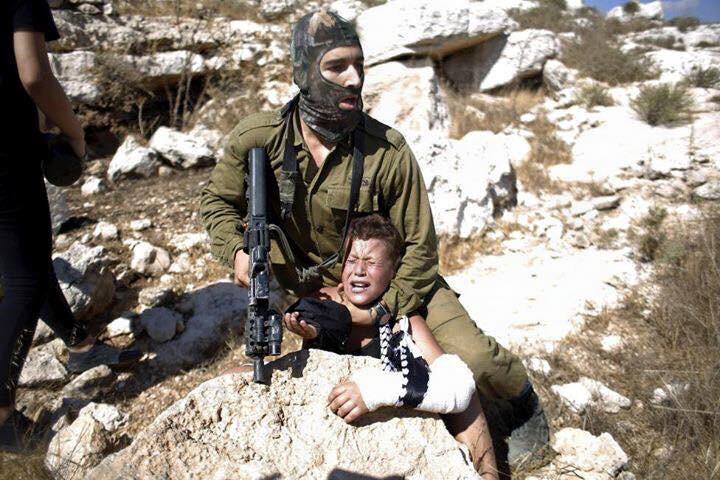

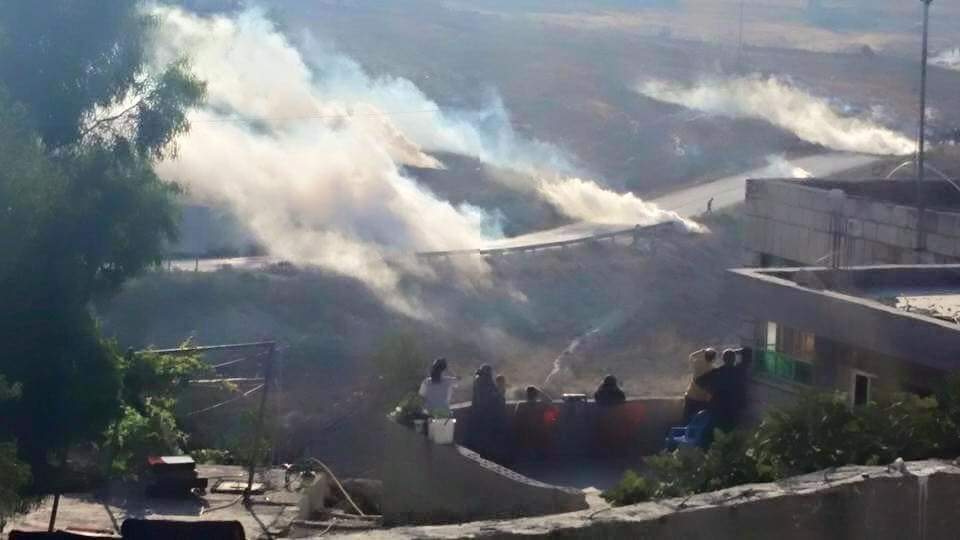
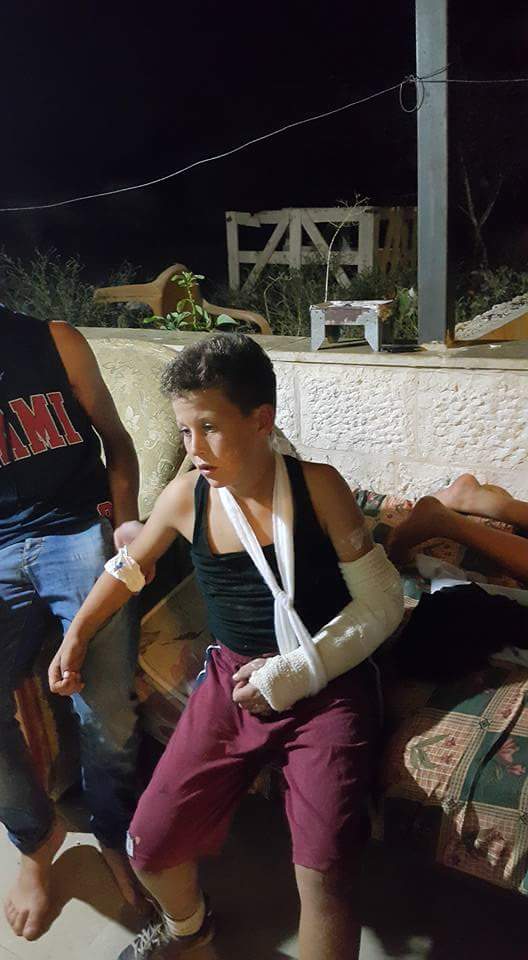


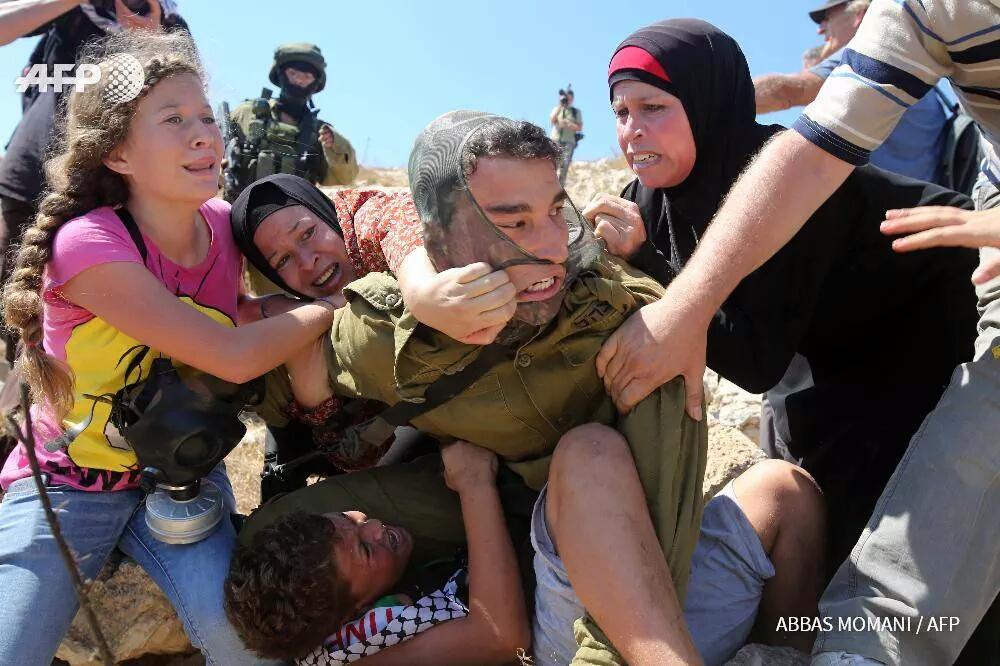

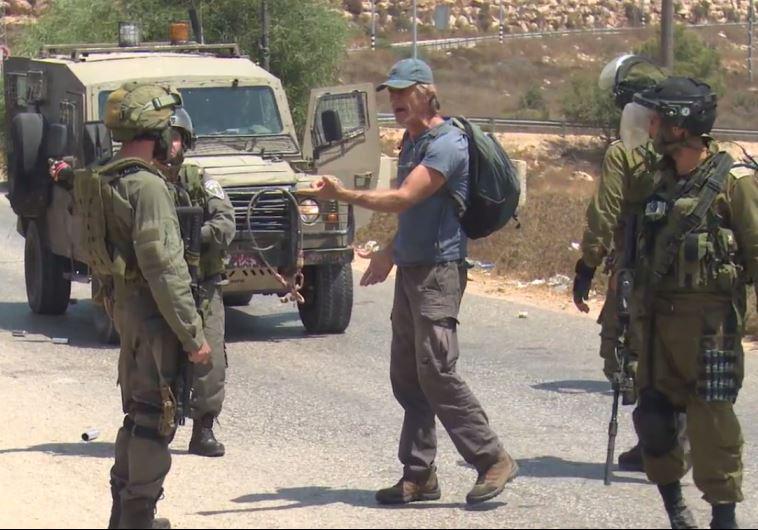
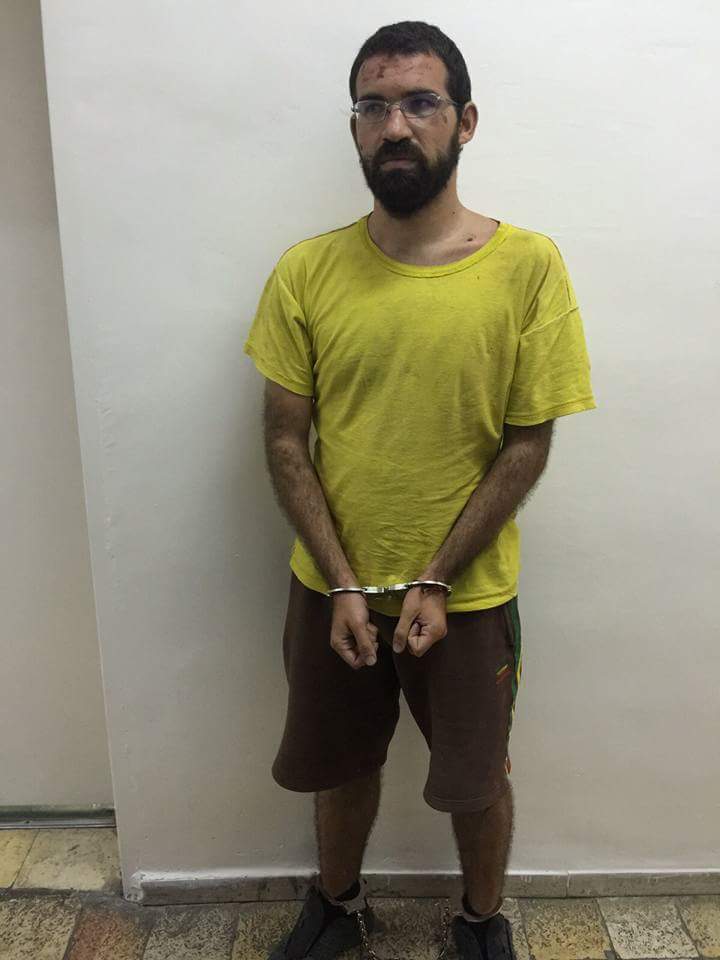
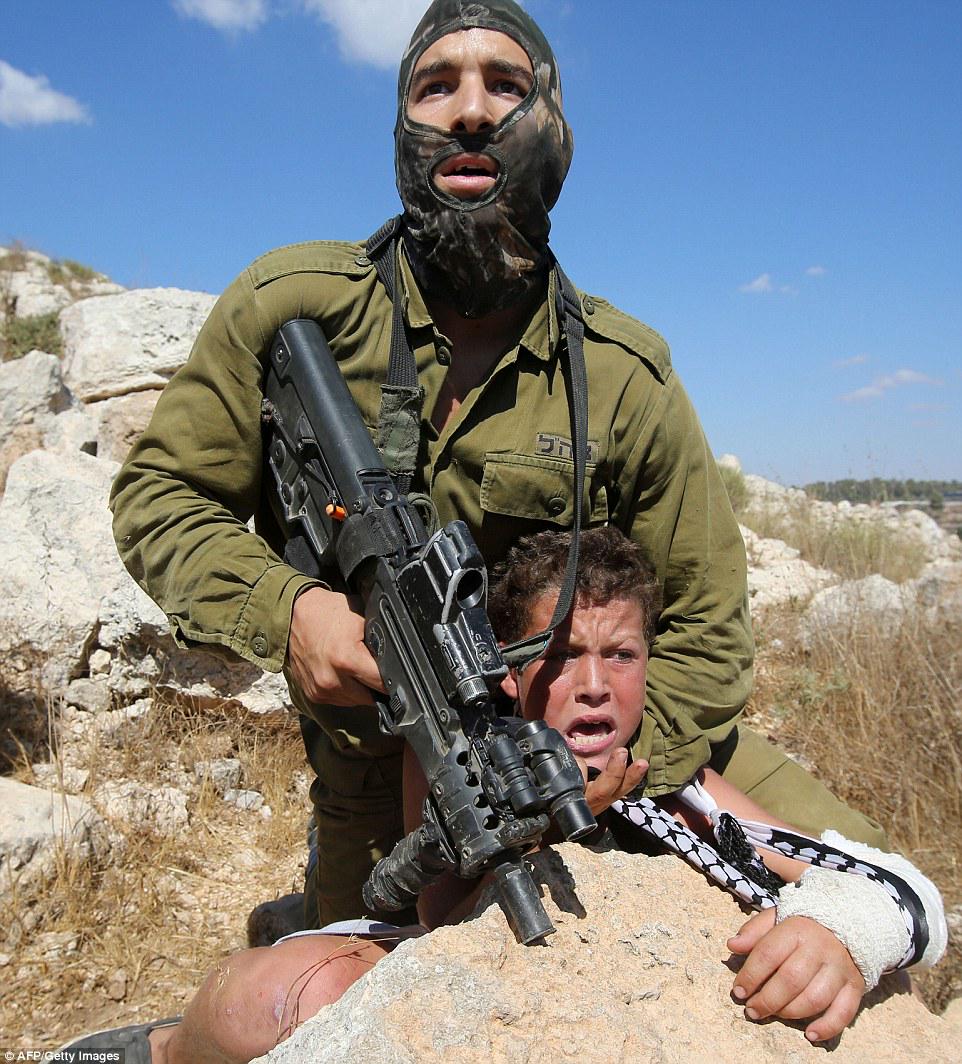
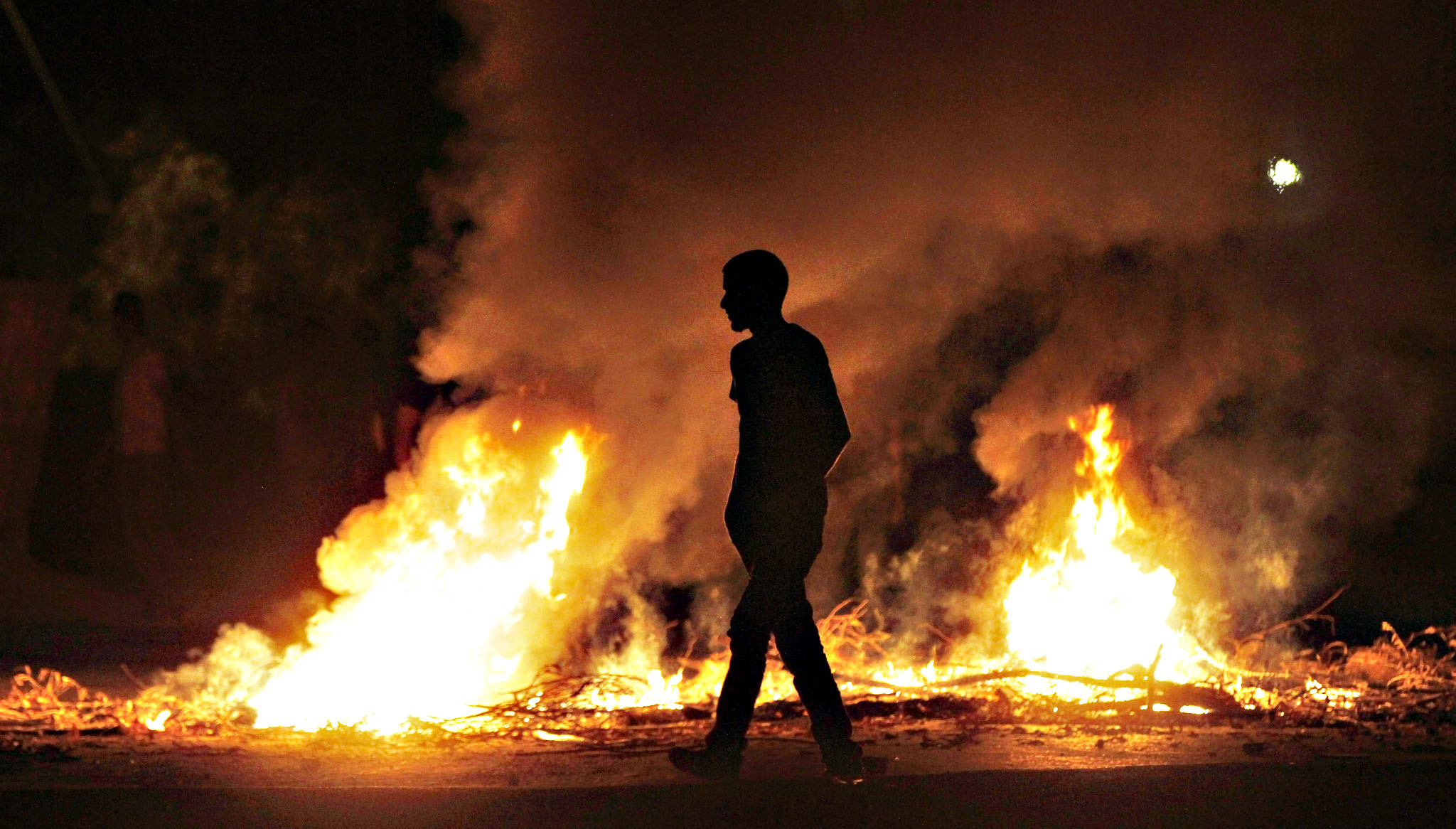
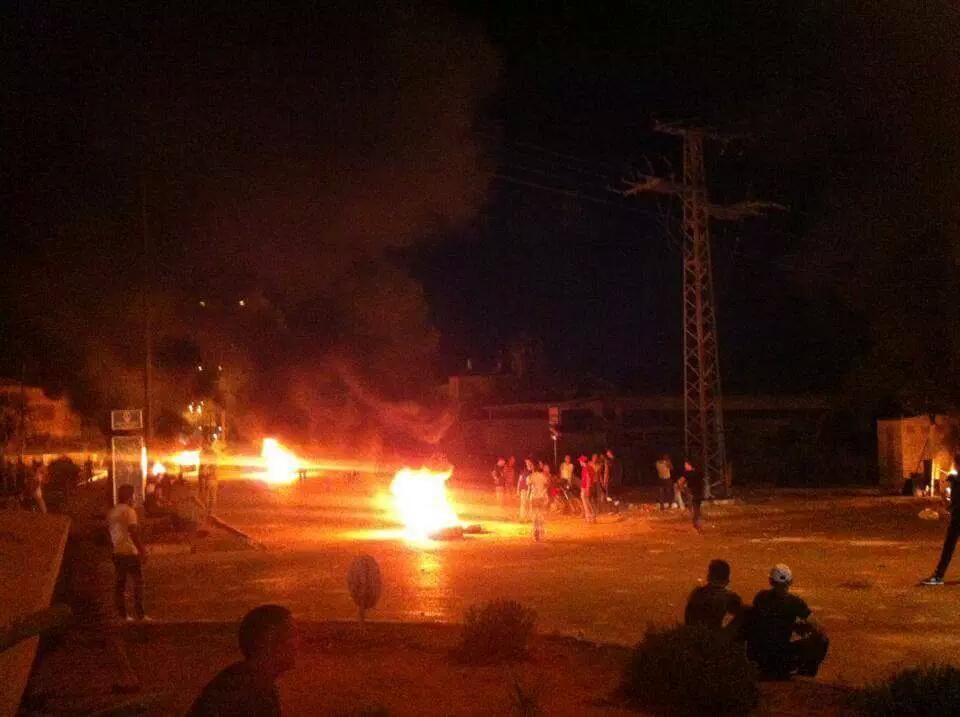

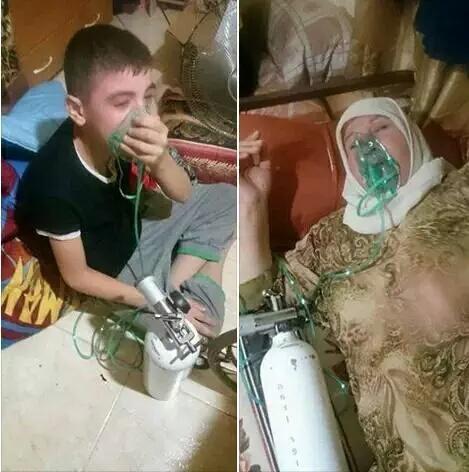




10 comments:
NABI SALEH 28.8.2015: Abu Yazan
Well, what do you know. A half million viewers must have been a few more than could be safely squeezed into YouTube's terms of service.
"This platform is temporary"
Yes, well, this is Now, and so it took about ten minutes for somebody to repost that video from Nabi Saleh...
The Israelis don't want this seen.
A lot of cops and bullies all round the lot would prefer a lot of videos that have been seen lately to magically revert to nonexistence, like the genie who was sucked back into the bottle.
If they don't want to be in the movie, why do they keep making the same movie, and starring in it, over and over?
Lots of luck with escaping the capture, any more.
Every Friday in Nabu Saleh...
Thanks to Duncan and Terry for taking the time to look at the three and a half minute video of the incident involving the IDF soldier and the small boy with the broken wrist in Nabi Saleh. It was made by another, even younger child of the same defiant family, Abu Yazan, with video equipment which, like all the video equipment used by members of the family to document events in their village, came from Israel.
The intervention by his loyal sister, aunt and mother that extricated the Tamimi boy from the soldier's chokehold was part of a long history for the family, still ongoing. The paterfamilias, Bassem Tamimi, has for some time been a charismatic figure in the Palestinian resistance struggle in the West Bank. Bassem himself, after seven periods of imprisonment on charges of "incitement", translating into some four years' jail time, is now prevented by the terms of his release from attending the weekly peaceful protests in his village -- which occur under the ever growing shadow cast by the adjacent settler colony of Halamish.
Halamish was visited two years ago by reporter Ben Ehrenreich, on assignment for the New York Times Magazine. Ehrenreich described the settler colony, then, as "now fully established and cozier than most gated communities in the United States. Behind the razor wire and chain-link perimeter fence, past the gate and the armed guard, there are playgrounds, a covered pool, a community center and amphitheater, a clinic, a library, a school and several synagogues. The roads are well paved and lined with flowers, the yards lush with lemon trees. Halamish now functions as a commuter suburb; many of the residents work in white-collar jobs in Tel Aviv or Modi’in. The settlement’s population has grown to more than double that of Nabi Saleh."
The vilage of Nabi Saleh has a population of some 550 people, all with the surname Tamimi, all interrelated by blood or marriage, all with a shared history of oppression by and resistance against the occupiers in their continually metastisizing illegal settlements.
Ehrenreich recounts the occasion of Bassem Tamimi's release from prison in 2013.
"Bassem, who is 45, stepped out of the car, straight-spined, his blue eyes glowing in the lamplight. He seemed a little thinner and grayer than the last time I saw him, in July. He hugged and kissed his eldest son. Ahed was next, then one by one, in silence, Bassem embraced family and friends, Palestinian activists from Ramallah and Jerusalem, Israeli leftists from Tel Aviv. When he had greeted everyone, he walked to the cemetery and stopped in front of the still-unmarked grave of his brother-in-law Rushdie, who was shot by Israeli soldiers in November while Bassem was in prison. He closed his eyes and said a quick prayer before moving on to the tomb of Mustafa Tamimi, who died after being hit in the face by a tear-gas canister in December 2011.
"Back at home, Bassem looked dazed. [His wife] Nariman broke down in his arms and rushed outside to hide her tears. The village was still mourning Rushdie’s death, but the young men couldn’t keep up the solemnity for long. They started with little Hamoudi, the son of Bassem’s cousin, tossing him higher and higher in the air above the yard. They set him down and took turns tossing one another up into the night sky, laughing and shouting as if they never had anything to grieve.
[continues:]
"From most south-facing windows in Nabi Saleh, you can see the red roofs of Halamish, the Israeli settlement on the hilltop across the valley. It has been there since 1977, founded by members of the messianic nationalist group Gush Emunim, and growing steadily since on land that once belonged to residents of Nabi Saleh and another Palestinian village. Next to Halamish is an Israeli military base, and in the valley between Nabi Saleh and the settlement, across the highway and up a dirt path, a small freshwater spring, which Palestinians had long called Ein al-Qaws, bubbles out of a low stone cliff. In the summer of 2008, although the land surrounding the spring has for generations belonged to the family of Bashir Tamimi, who is 57, the youth of Halamish began building the first of a series of low pools that collect its waters. Later they added a bench and an arbor for shade. (Years after, the settlers retroactively applied for a building permit, which Israeli authorities refused to issue, ruling that 'the applicants did not prove their rights to the relevant land.' Recently, several of the structures have been removed.) When Palestinians came to tend to their crops in the fields beside it, the settlers, villagers said, threatened and threw stones at them.
"It took the people of Nabi Saleh more than a year to get themselves organized. In December 2009 they held their first march, protesting not just the loss of the spring but also the entire complex system of control -- of permits, checkpoints, walls, prisons -- through which Israel maintains its hold on the region. Nabi Saleh quickly became the most spirited of the dozen or so West Bank villages that hold weekly demonstrations against the Israeli occupation. Since the demonstrations began, more than 100 people in the village have been jailed. Nariman told me that by her count, as of February, clashes with the army have caused 432 injuries, more than half to minors. The momentum has been hard to maintain -- the weeks go by, and nothing changes for the better -- but still, despite the arrests, the injuries and the deaths, every Friday after the midday prayer, the villagers, joined at times by equal numbers of journalists and Israeli and foreign activists, try to march from the center of town to the spring, a distance of perhaps half a mile. And every Friday, Israeli soldiers stop them with some combination of tear gas, rubber-coated bullets, water-cannon blasts of a noxious liquid known as 'skunk' and occasionally live fire."
how difficult to tell the horror with piety and style...Darwish does it!
Y lo difícil de encontrar un lector con un corazón sensible, que dice lo que piensa!
...yo estuve leyendo ayer algo relacionado con esto:
"La indiferencia hacia la vida interior de otros seres humanos, ignorar sus sentimientos, mostrar una actitud totalmente perversa respecto de la vida real...todo ello da lugar a cierta ceguera. Desde los tiempos de Adán y Eva, desde el momento en que uno se convirtió en dos, nadie ha sido capaz de vivir sin querer ponerse en el lugar de su vecino y explorar su situación, incluso aunque intente verla de forma objetiva. La imaginación, el arte de adivinar la vida emocional de los demás -en otras palabras, la comprensión- no es sólo recomendable por cuanto rompe con los límites del ego; es siempre un medio indispensable del instinto de supervivencia."
Willa Cather - Para mayores de cuarenta
An agony of absence
"A land without people for a people without land"
Sandra,
What a beautiful passage from Willa Cather, from a time when common human sympathy was understood to be a living and active force, and it was understood not only that the imagination is capable of roaming beyond the meagre limits of ego, connecting people together, but that without its work, art cannot exist, and the whole world is subject to a gradual diminution of spirit as we have now, left as we are to mill about busily yet pointlessly in this dim playground of the unimaginable.
Duncan,
There's another worthy translation of that poem, The Girl / The Scream, by Catherine Cobham; her figure, the echoless scream, filling in the void of that agony of absence:
Mahmoud Darwish: The Girl/The Scream, translated by Catherine Cobham
On the seashore is a girl, and the girl has a family
and the family has a house. And the house has two windows and a door.
And in the sea is a warship having fun
catching promenaders on the seashore:
Four, five, seven
fall down on the sand. And the girl is saved for a while
because a hazy hand
a divine hand of some sort helps her, so she calls out: ‘Father
Father! Let’s go home, the sea is not for people like us!’
Her voice carries her higher and further than
the seashore. She screams at night over the land
The echo has no echo
so she becomes the endless scream in the breaking news
which was no longer breaking news
when
the aircraft returned to bomb a house with two windows and a door.
Post a Comment